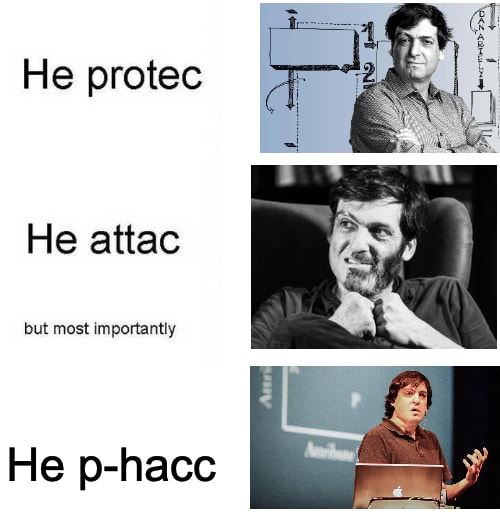This is a linkpost for Gideon Lewis-Kraus's New Yorker article on the (alleged) Ariely and Gino data fraud scandals. I've been following this situation off-and-on for a while (and even more so after the original datacolada blog posts). The basic story is that multiple famous professors in social psychology (specializing in dishonesty) have been caught with blatant data fraud. The field to a large extent tried to "protect their own," but in the end the evidence became too strong. Francesca Gino has since retreated to attempting to sue datacolada (the investigators).
Despite the tragic nature of the story, I consider this material hilarious high entertainment, in addition to being quite educational.
The writing is also quite good, as I've come to expect from Gideon Lewis-Kraus (who locals might have heard of from his in-depth profiles on Slate Star Codex, Will MacAskill, and the FTX crash).
Some quotes:
If you tortured the data long enough, as one grim joke went, it would confess to anything. They called such techniques “p-hacking.” As they later put it, “Everyone knew it was wrong, but they thought it was wrong the way it’s wrong to jaywalk.” In fact, they wrote, “it was wrong the way it’s wrong to rob a bank.”
Ziani [a young grad student] found Gino’s results implausible, and assumed that they had been heavily p-hacked. She told me, “This crowd is used to living in a world where you have enough degrees of freedom to do whatever you want and all that matters is that it works beautifully.” But an adviser strongly suggested that Ziani “build on” the paper, which had appeared in a top journal. When she expressed her doubts, the adviser snapped at her, “Don’t ever say that!” Members of Ziani’s dissertation committee couldn’t understand why this nobody of a student was being so truculent. In the end, two of them refused to sign off on her degree if she did not remove criticisms of Gino’s paper from her dissertation. One warned Ziani not to second-guess a professor of Gino’s stature in this way. In an e-mail, the adviser wrote, “Academic research is like a conversation at a cocktail party. You are storming in, shouting ‘You suck!’ ”
A former senior researcher at the lab told me, “He assured us that the effect was there, that this was a true thing, and I was convinced he completely believed it.”
[...]
The former senior researcher said, “How do you swim through that murky area of where is he lying? Where is he stretching the truth? What is he forgetting or misremembering? Because he does all three of those things very consistently. So when it really matters—like with the auto insurance—which of these three things is it?”
(Meme made by myself)









I don't think this is a sufficiently complete way of looking at things. It could make sense when the problem was thought to be "replication crisis via p-hacking" but it turns out things are worse than this.
I don't know much about what opportunities there are for bad research practices in the humanities. The only thing I can think of is citing a source that doesn't say what is claimed. This seems like a particular risk when history or historical claims are involved, or when a humanist wants to refer to the scientific literature. The spectacular claim that Victorian doctors treated "hysteria" using vibrators turns out to have resulted from something like this.
Outside cases like that, I think the humanities are mostly "safe" like math in that they just need some kind of internal consistency, whether that is presenting a sound argument, or a set of concepts and descriptions that people find to be harmonious or fruitful.